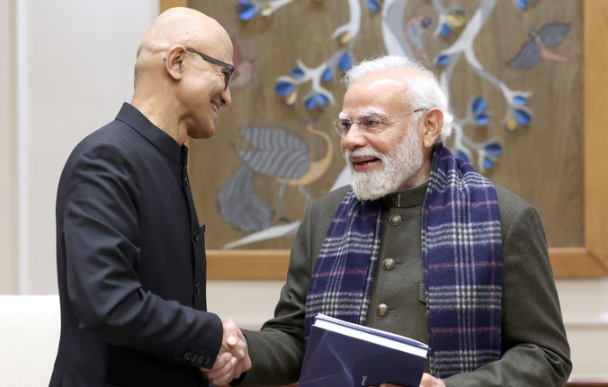Stefan Kalb, a Seattle entrepreneur who previously founded grocery tech startup Shelf Engine, is back with a new venture — and a mission to bring artificial intelligence to mid-market companies that don’t have technical expertise.
Kalb is co-founder and CEO of Super Labs, which launched in September and just raised $8 million in a seed funding round led by Seattle-area venture firm FUSE. Other backers include Y Combinator CEO Garry Tan, Liquid 2 Ventures, Soma Capital, and others.
Kalb said the idea for Super Labs emerged after he kept getting calls from people who run “non-tech businesses” and wanted to figure out how to implement AI.
“If you’re non-technical, and you’re trying to move into the AI space — it’s really hard,” Kalb said.
Super Labs operates as both a marketplace and an implementation partner. The platform allows business owners to describe their problems — “I need to stop manually tracking project hours across three spreadsheets,” for example — then visualizes their workflows and identifies where AI can be integrated.
The company doesn’t typically build the AI solutions itself. Instead, it connects businesses with existing AI vendors — such as a voice AI tool — and handles the complex integration work that would normally require technical expertise.
Kalb sees massive opportunity in the mid-market segment, which he said is larger than the S&P 500 in economic terms. His concern is that without platforms like Super Labs, these companies will fall behind as enterprise customers gain access to AI tools.
“The mid-market companies are going to get screwed,” he said.
On the supply side, Super Labs provides a marketplace for developers to distribute their AI products through usage-based models, offering exposure to non-tech customers they otherwise couldn’t reach.
For now, Super Labs is focused on proving its model with early customers in manufacturing, e-commerce, distribution, and retail — businesses that have “all these different workflows that can be automated,” Kalb noted.
Super Labs enters a crowded field of AI consultants and implementation firms. It competes against agent directory platforms such as Gumloop and Langflow, and enterprise software marketplaces such as Vendr and Tropic. Kalb said his company differentiates with its marketplace approach and focus on security and reliability.
Kalb co-founded Super Labs with Jared Kofron, who was a principal software engineer at Pioneer Square Labs and previously worked at Flux, Rover, and Glowforge.
Kalb’s first entrepreneurial experience was founding Molly’s, a healthy food company that supplied salads and sandwiches to Seattle-area cafes and hospitals. That brick-and-mortar experience exposed him to the operational challenges of traditional businesses. “I would have dreamed of having Super Labs,” he said.
Shelf Engine, his next venture, applied AI to reduce food waste in grocery stores by predicting optimal ordering quantities for perishable goods. The company worked with major retailers like Kroger, Target, and Dollar General before its acquisition by retail data company Crisp earlier this year.
Shelf Engine raised more than $60 million from investors and landed celebrity endorsements — but later went through layoffs. Kalb called it a “disappointing acquisition.”
Kalb said he plans to be more deliberate about scaling Super Labs than he was with Shelf Engine, where rapid hiring led to challenges.
Other backers in Super Labs include Massive Tech Ventures (Kalb’s own venture fund), Mercury CEO Immad Akhund, Pioneer Fund, and longtime tech leader Gokul Rajarm.











